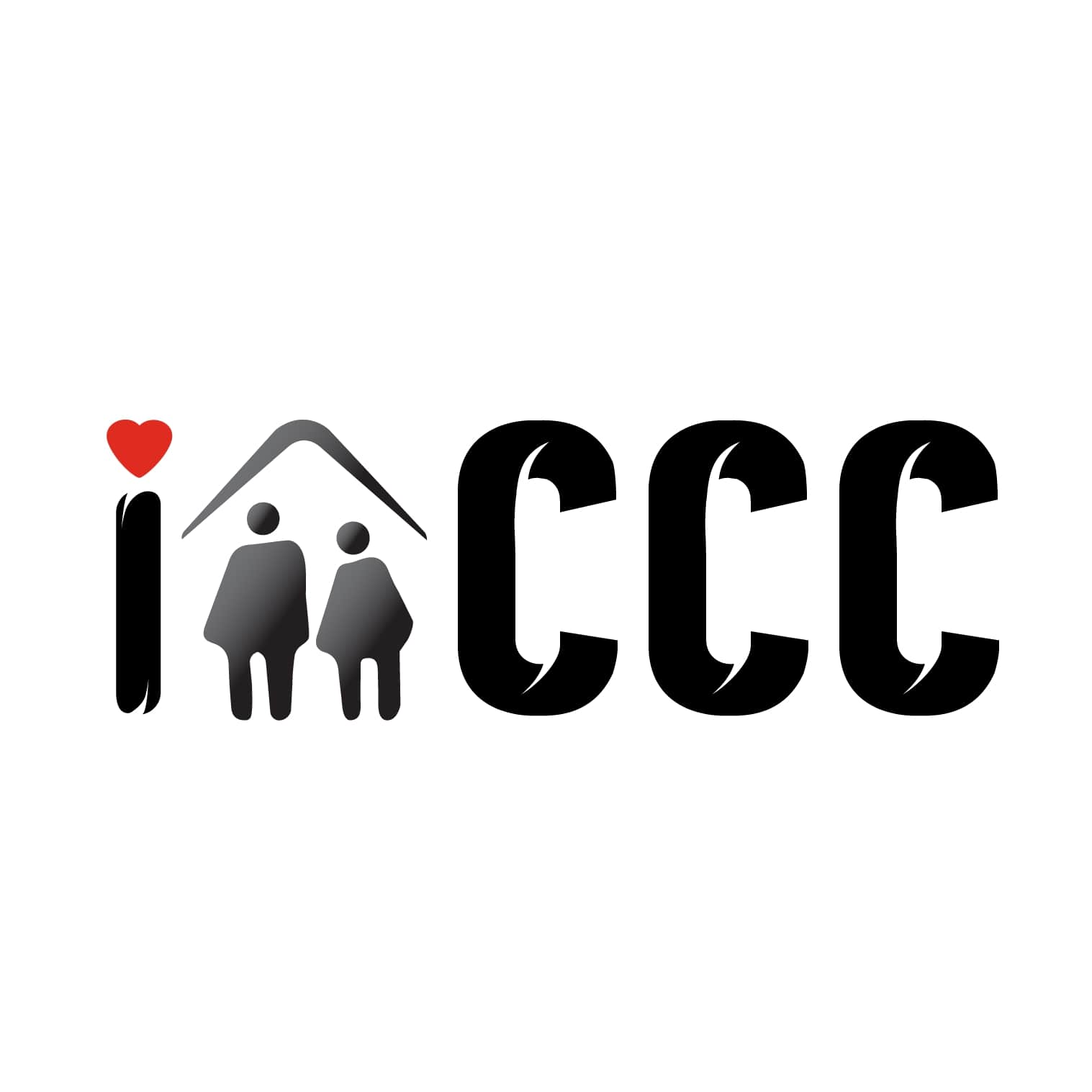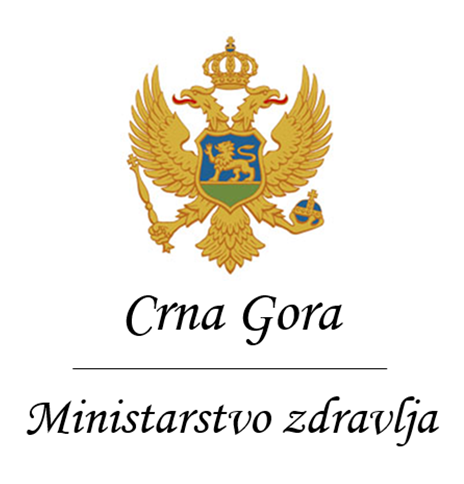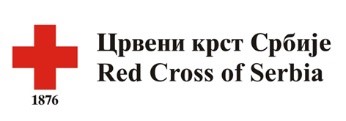About
The project intends to influence national reforms in long-term care (LTC) through developing, testing and advocating for social innovative community- and volunteer-based services for older people and people with dementia and cognitive impairments. Community Care Centers will be set up in 6 communities in Austria (Vienna, Hartberg), Montenegro (Bar, Bijelo Polje) and Serbia (Sombor, Pirot). The volunteer-based services for people with dementia and cognitive impairments will include visiting services as well as a tablet- based multi-modal cognitive training tool.
Background
Care needs are steadily rising and so is the need for innovate community-based services and support of people in need of care and their informal carers.
Specific challenges include for example the fragmentation of health and social services, difficulties in accessing home-care services and community-based long-term care, the importance of prevention and rehabilitation strategies to enable older people to live independently and be physically, mentally and socially active as long as possible, supporting informal carers as well as the growing needs of people with dementia.
The I-CCC project is using a multi-level, multi-stakeholder and multi-methods approach to address these challenges. Representatives from the health care system and long-term care services will be involved in all stages of the project. The concept of the community-care centers will be developed, based on a participatory needs assessment in the 6 project sites which includes focus groups with community members, informal carers and people in need of care as well as stakeholder meetings with service providers, local authorities other NGO’s, general practitioners and other relevant actors. Thus, community care centers will provide different services according to countries and community contexts. Special focus will be given to preserving functional capacity of older people to enable them to live independently as long as possible.
Volunteer-based services will also aim to support informal carers by relieving their burden and contributing to a quality improvement of long-term care services. Informal carers will also be supported through trainings, individual counselling, psycho-social support and self-help groups.
The CCC and the volunteer-based services for people with dementia and cognitive impairments will be evaluated using an impact model and a mix of qualitative and quantitative methods of evaluation e.g. Mini-Mental State Questionnaire (MMSE) and General Depression Scale (GDS).
Evaluation results and lessons learned will be used to contribute to local, regional and national policy reforms in the field of long-term care as well as to the implementation of existing long-term care related strategies and seizing the opportunity for a possible upscaling of activities at national and EU level.







